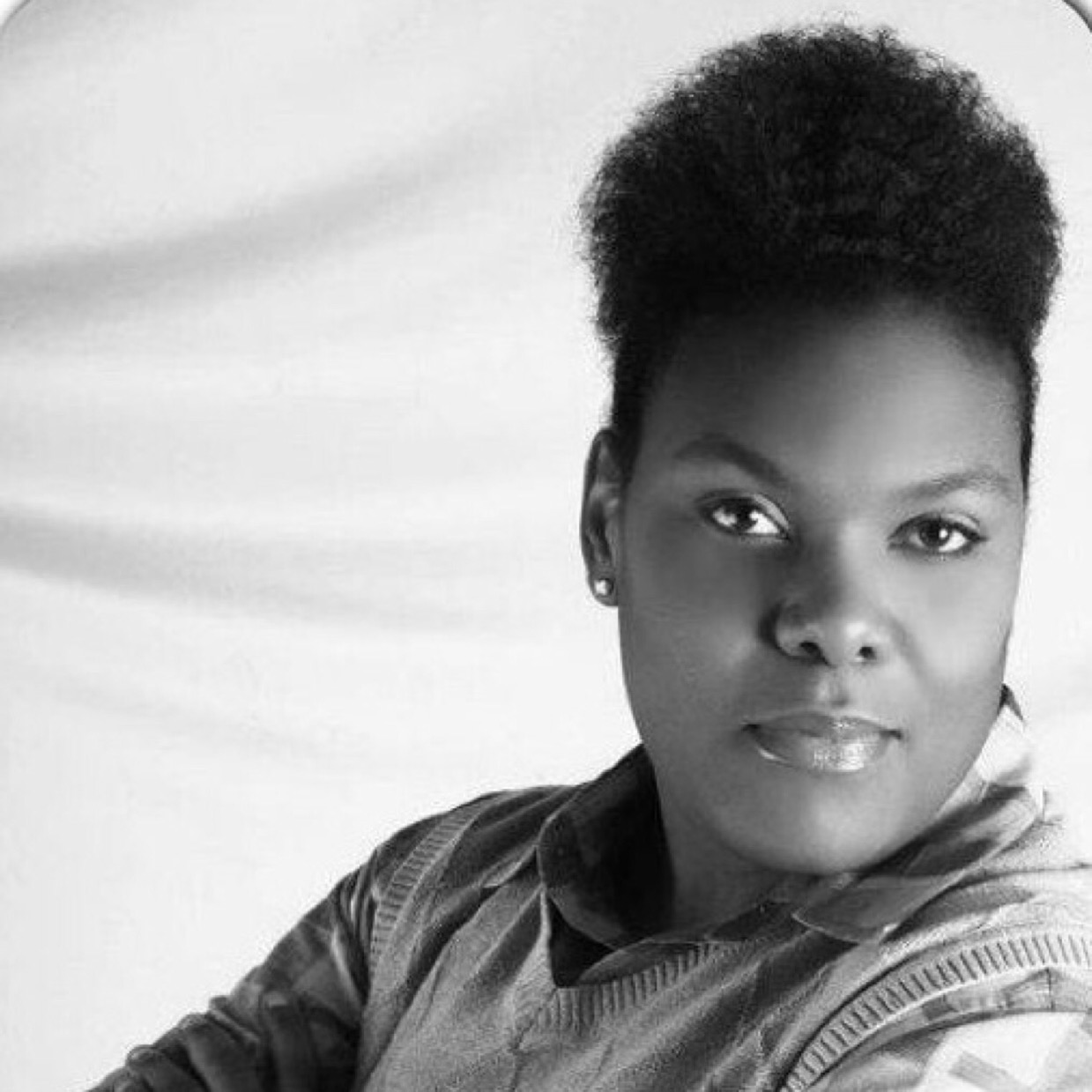Flexibility as a Result of Failures
- Sharhonda Dunlap

- Apr 12, 2021
- 3 min read
There are lessons in failure. Failure teaches you to be more flexible. When you fail, you learn to survive challenges and understand what you can do to overcome obstacles. Failure challenges you to be flexible enough to learn and grow so you can reach your goals.
"The green reed which bends in the wind is stronger than the mighty oak which breaks in a storm." – Confucius
Researchers and scholars often point to this quote by Confucius as the basis for why it's necessary to be flexible to overcome challenges.
The flexible reed bends and flows with the wind of adversity, allowing it to survive the challenge. The strong, mighty oak isn't flexible, so the wind of adversity breaks it apart. The new shoots that sprout from the old oak will be flexible enough to withstand the next storm.

1. Failure Teaches You the Flexibility of Compassion
Many people are their own worst critics. They believe negative things about their performance, behavior, and potential for achievement that they wouldn't think about others. By viewing themselves negatively, they don't show themselves the compassion they would extend to others who fail.
Your failures teach you to be more flexible when showing compassion. When you've failed, you have a better understanding of why a mistake was made and more compassion toward others who also made a mistake. To forgive yourself and move beyond your failures, to need to let go of your self-doubt and recriminations and be flexible enough to show yourself the same compassion and understanding you show others.
2. Failure Teaches You the Flexibility of Goal Setting
Imagine your goal is to get a good-paying job in an office. While that's a worthwhile goal, walking into a business and demanding they help you achieve your goal usually doesn't work. You would probably be asked to leave, and the hiring manager might even laugh at you if you have no experience or training for the job.
Rigidly sticking to your goal by going from business to business and asking for the same thing will not help you succeed.
The failure to get a good-paying job because you ask for one teaches you to be flexible in setting your goals. You may need to start by getting an entry-level job, then going to school, or getting more training to help you advance your career. Your initial failure shows you that goals need to be achievable, progressive, and flexible enough for you to reach them.
3. Failure Teaches You the Flexibility of How to Solve Your Problems
Everyone's path to success is different. Even though you can and should learn from other's experiences, it is imperative for you to find solutions that work to solve your problems.
For example, you may be provided with different solutions to dealing with a problem. Let's say you are experiencing difficulties with a co-worker. You may have someone advise you to be direct with them and discuss the matter.
Someone else may feel the best thing to do is filing a complaint through Human Resources, while someone else may suggest you quit your job!
You will need to decide the best decision for you based on your comfortability with confrontation, solid evidence to prove the co-worker is at fault, and how much you value or like your job.
Making decision that are incongruent with your personality and the situation, will not provide you with a winning resolution. This is where learning to be flexible in failure allows you to know how to handle these challenges. You will know what which advice is useful to you and what will help you move forward and be successful.
4. Failure Teaches You the Flexibility of Taking Action
When faced with any challenge, ask yourself: "What should I do?" Placing blame, not accepting responsibility, or believing you will fail, will most certainly end in failure. Following simple steps: 1. Believe in yourself 2. accept responsibility for your actions and 3. Success planning, will surely assist you in achieving your goals.
Failure teaches you what action to take and how to succeed.
Failure also teaches you how to calibrate according to the actions which are productive and those that won't help you reach your goals.
If you want to do well on a test in school but chose to go away for the weekend with friends instead of studying, the failure to pass the test teaches you how your action affected your outcome. The next time you have a test, you will know that you need to study before relaxing and keep your schedule flexible enough to allow for the time you need to study.
Failure is a great teacher. When you fail, you learn why it's essential to be flexible and how flexibility improves your chances for success.



Comments